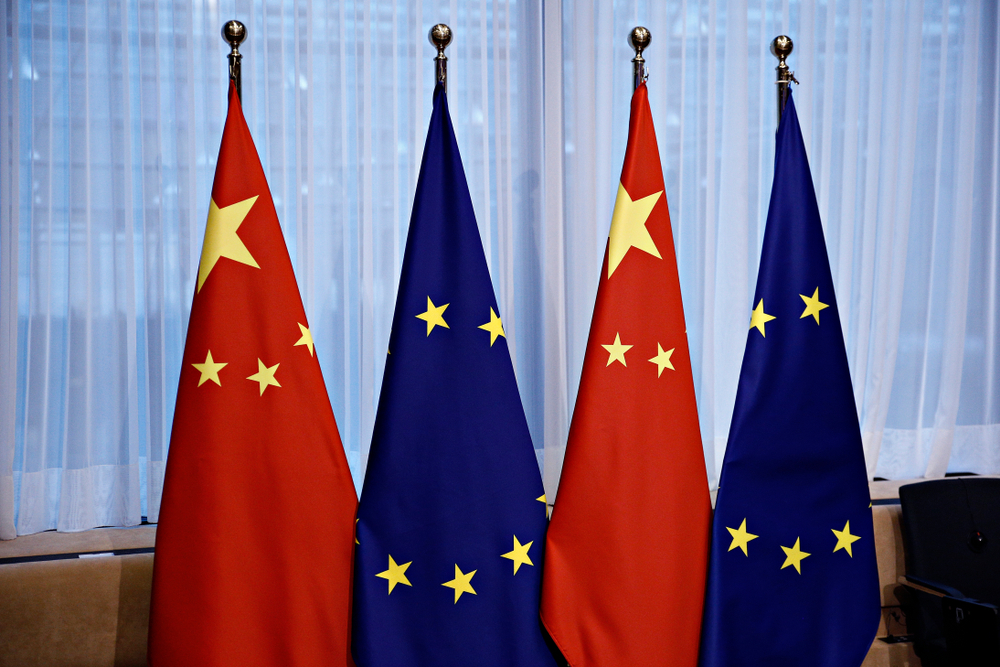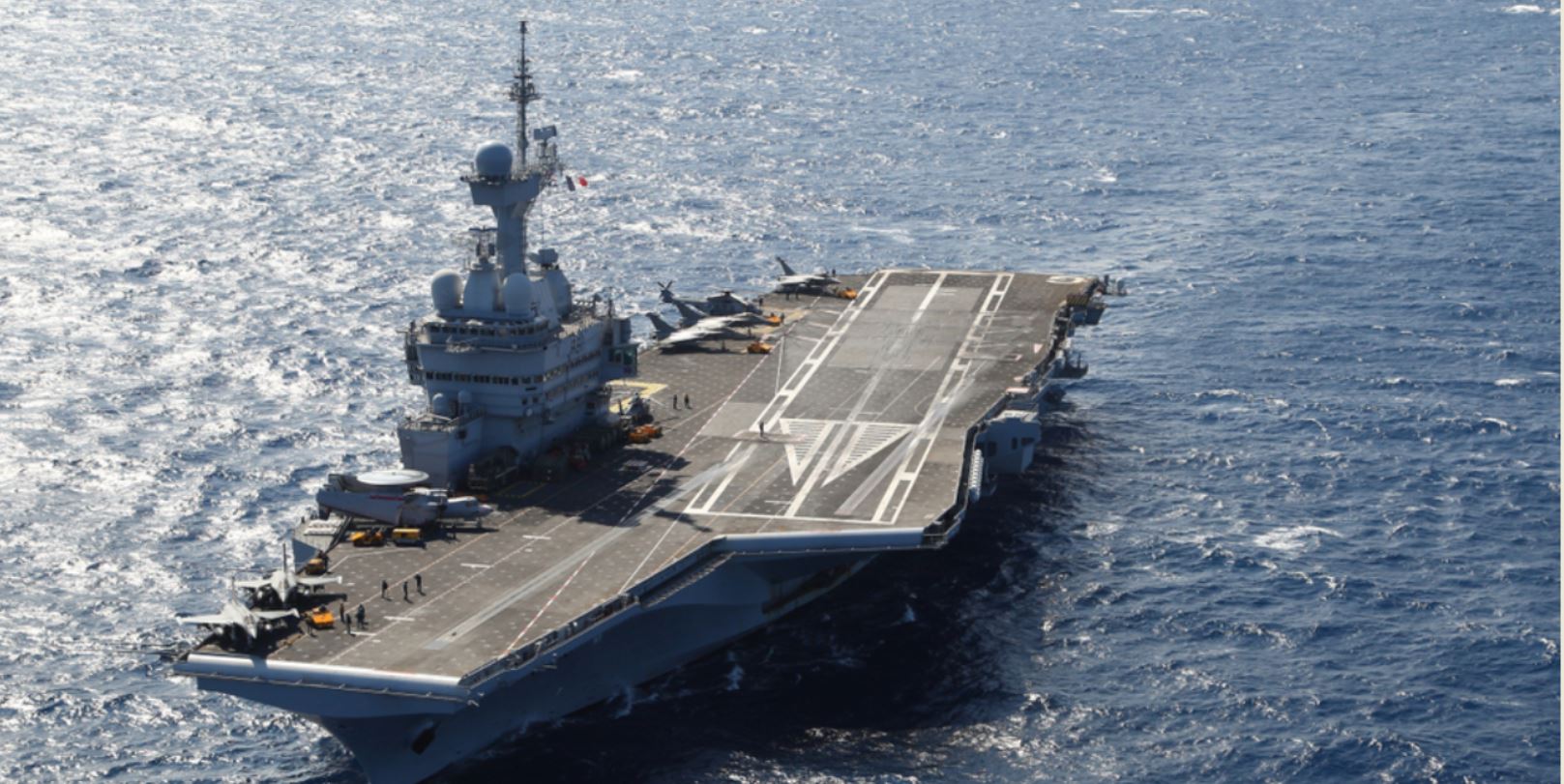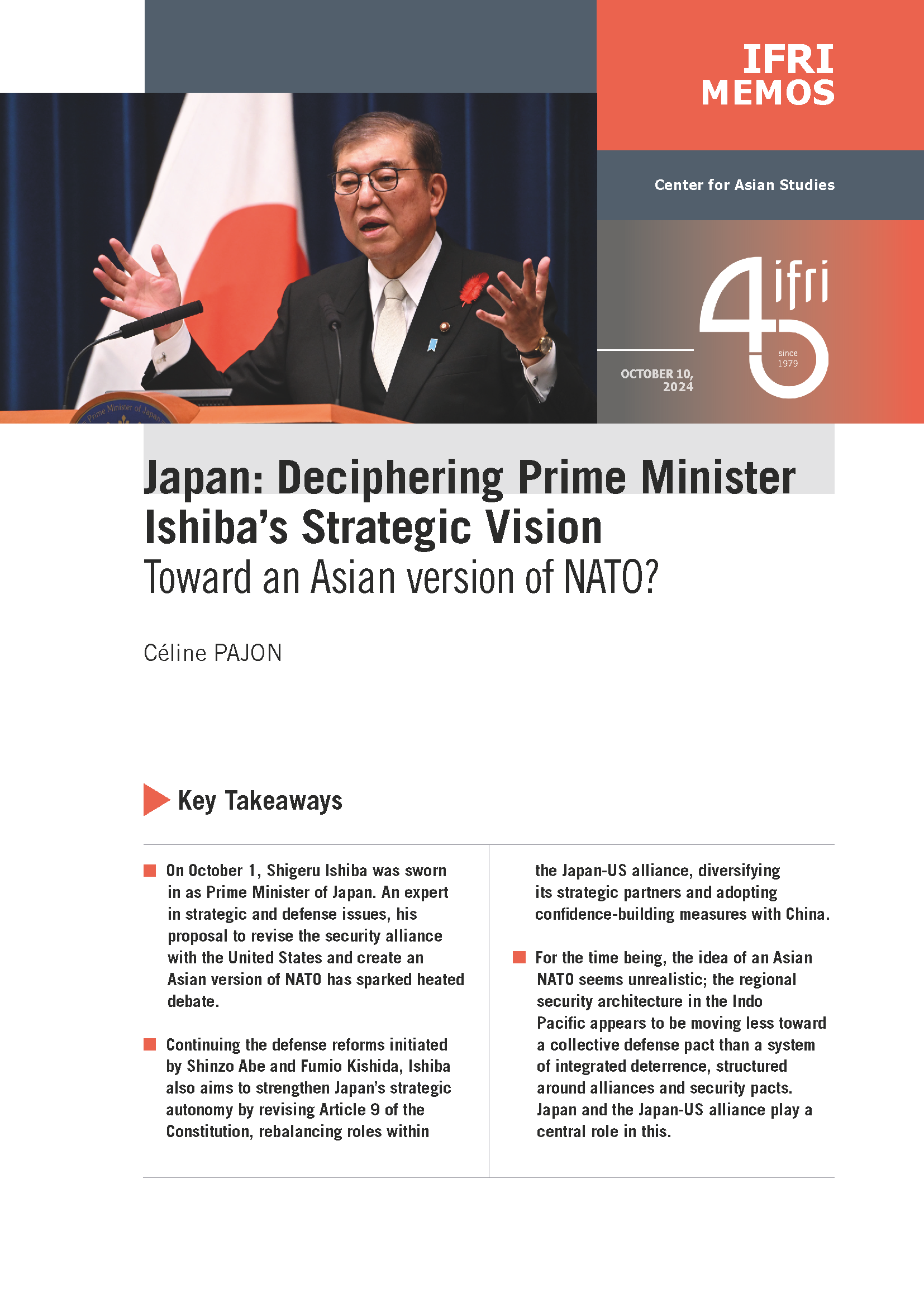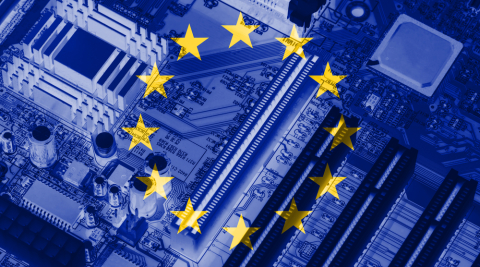Europe
Europe is described here in a geographical sense. It is not limited to the European Union, and includes, for example, the United Kingdom and the Balkans. It remains central to international relations.
Related Subjects

The Future of Europe’s Strategic Deterrence is (also) at Sea

A cursory look at both France and the UK suggests that the future of European nuclear deterrence is at sea.

Cyberwar Will Not Happen, but We Must Be Prepared
Even if no independent cyberwar has ever taken place, “cyberspace” has nonetheless become an important dimension of current conflicts.
Building Security Institutions: Lessons Learned in Afghanistan
After its rapid military victory over the Taliban, the international community underestimated the resources, time and work that would be required enforce to Security Sector Reform (SSR) in Afghanistan. Even though the Afghan population was supportive of the coalition’s efforts at first, the light footprint approach, fostered by the Europeans, failed to provide with satisfying results as the insurgency made its way through popular frustration.

France and the EEAS: A give-and-take relationship
Based on interviews with diplomats from a representative cross-section of nine member states and members of the EEAS (European External Action Service) itself, the research findings of this EPIN Working Paper confirm long-standing traditions and member state perceptions of cooperation with European institutions.
Tough love between Britain and the European Union
Discussions of a potential “Brexit”, the United Kingdom leaving the European Union, have sparked debate in Britain, and also across Europe, intensified by the UK veto of the “fiscal compact” at the European Council in December 2011. What sounded like the absurd pipedream of a few hard-core eurosceptics a couple of years ago has now become a genuine possibility.
European Space Governance: The Outlook
The Ifri/SWF conference of 13 September 2011 provided an overview of the evolution of European space governance. It was convened almost two years after the adoption of the Lisbon Treaty and five months after the release of the European Commission (EC) Communication on a future European space strategy.
Migration Policy and Irregular Workers in the United Kingdom
While public opinion and European governments usually present migrants as an outside threat for European societies, in this article, Danièle Joly and Khursheed Wadia focus on the local level to analyze the issue of migrants, in particular irregular workers, living in the UK.
An Overview of Italy's Energy Mix
Italy is currently hit by an unprecedented economic, political and social crisis. This changing and uncertain environment affects more than ever the ability to define an energy strategy, which has never really benefitted from a clear vision and a solid organization. Since the 1987 referendum, which acknowledged the end of the nuclear program, the Italian energy policy has been elaborated through a juxtaposition of decrees and rules. Several laws have been approved either to comply with the European regulation or to correct former policies. These have contributed to the creation of a highly intricate regulation puzzle, only accessible to the most voluntary ones or the better equipped. The “success” of renewables subsidies has compromised the profitability of thermal power stations and increased the energy bills of retail consumers.
Capacity Mechanisms : EU or National Issue? Are Capacity Remuneration Mechanisms Helping to Build the Market or Just a Symptom of What Does Not Work ?
In a competitive energy system, generation investment choices are let to investors. It is then the responsibility of the market actors to invest and ensure peak, medium and base load generation, based on market perspectives and trends. If through actors" investments the stability of the system cannot be ensured (because, for example, peak generation is not sufficient to satisfy demand), some measures have to be taken. These can have economic and system integrity impacts on neighboring systems, especially if they are connected. This is precisely what is happening in the European electricity market.
Kazakhstan and Eurasian Economic Integration: Quick Start, Mixed Results and Uncertain Future
Kazakhstan's economic integration with Russia and Belarus has been advancing at break-neck speed.
The Primacy of Alliance: Deterrence and European Security
Since the end of the Cold War, the international security environment has been transformed and nuclear weapons have been marginalized in the West. However, the NATO security policies remain almost unchanged: deterrence is still considered as a principle guiding the Atlantic Alliance, even though the actual policy statements lack target, direction and urgency.
Support independent French research
Ifri, a foundation recognized as being of public utility, relies largely on private donors – companies and individuals – to guarantee its sustainability and intellectual independence. Through their funding, donors help maintain the Institute's position among the world's leading think tanks. By benefiting from an internationally recognized network and expertise, donors refine their understanding of geopolitical risk and its consequences on global politics and the economy. In 2024, Ifri will support more than 70 French and foreign companies and organizations.











